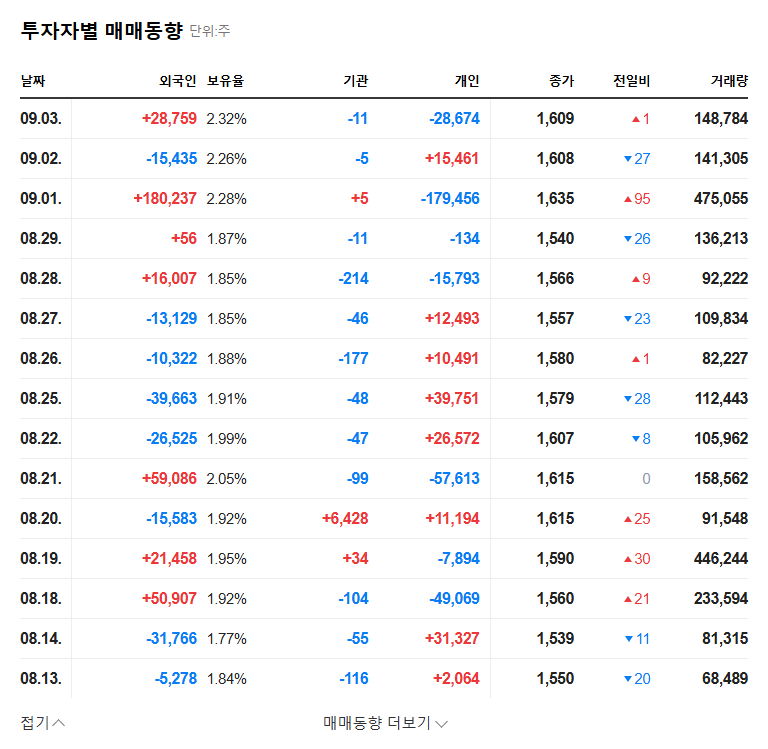
Daeyang Metal Divests Youngpoong Paper Stake: What Happened?
On September 3, 2025, Daeyang Metal announced its decision to sell a portion of its stake in Youngpoong Paper for 9.7 billion won. The purpose of the divestiture is to improve the company’s financial structure and operating profit. This sale will reduce Daeyang Metal’s stake in Youngpoong Paper to 6.97%.
Background and Positive Impact Analysis: Why the Divestment?
Although Daeyang Metal returned to profitability in the first half of 2025, it still needs to strengthen its financial health. The 9.7 billion won secured through this stake sale, which represents 10.57% of the company’s capital, is expected to significantly contribute to securing liquidity and reducing debt ratios. This, coupled with recent positive factors such as the recovery in demand for stainless cold-rolled steel sheets in overseas markets and the first production of CPL products, could further raise expectations for a turnaround.
Investment Strategy and Risk Management: What Should Investors Do?
This stake sale is likely to have a positive impact on the stock price in the short term. However, investors should consider the following:
- Confirm actual financial improvement effects: Verify whether the capital inflow actually leads to improvements in financial soundness and profitability.
- Management dispute risk: Monitor the outcome of the ongoing lawsuit related to the management dispute.
- External environment variables: Consider external factors such as volatility in raw material prices, exchange rate fluctuations, and the possibility of a global economic downturn.
Conclusion: Long-Term Growth Potential?
While this stake sale is a positive sign, Daeyang Metal’s long-term growth depends on its ability to respond to changes in the external environment and strengthen its internal business competitiveness. Investors should not focus solely on short-term stock price fluctuations but should coldly analyze the company’s fundamentals and growth potential.
Frequently Asked Questions (FAQ)
What is Daeyang Metal’s main business?
Daeyang Metal’s primary business is the manufacture and sale of stainless cold-rolled steel sheets. A significant portion of its sales are to domestic appliance manufacturers.
What will Daeyang Metal’s financial status be after the sale of the Youngpoong Paper stake?
The sale is expected to reduce debt ratios and secure liquidity, but the actual financial improvement effects need to be continuously monitored.
What are the key considerations for investing in Daeyang Metal?
Investors should consider risk factors such as raw material price volatility, a potential global economic downturn, and the ongoing management dispute. It’s crucial to verify the actual financial improvements and analyze the company’s long-term growth potential.

